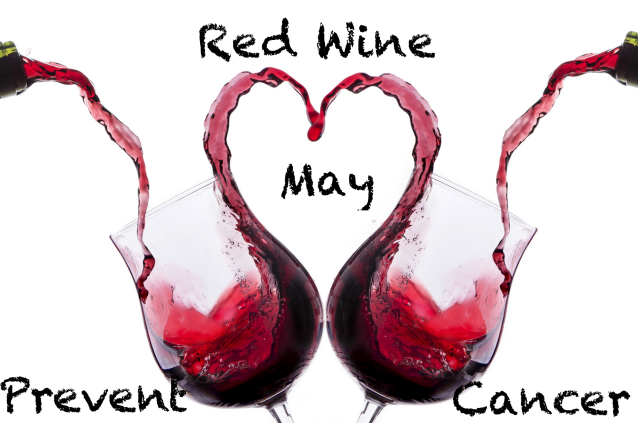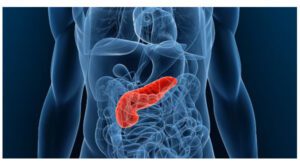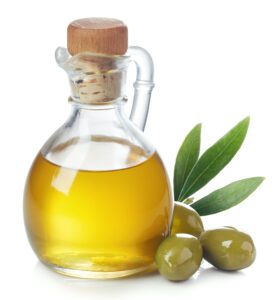
Do you love a glass of really good wine? In addition to its pleasing taste and relaxation factor, you may have heard that red wine (in moderation, of course) is even good for your heart health, among other things. Now there’s one more reason to have a glass of your favorite red! Researchers have found that the antioxidant found in red wine can help destroy pancreatic cancer cells. Let’s take a closer look at this recent discovery . . .
Do you love a glass of really good wine? Even if you’re not a wine connoisseur, (I’m certainly not – although I’m learning!) you can still enjoy sitting down at the end of the day to relax and have a glass of wine to help you do so. In addition to its pleasing taste and relaxation factor, you may have heard that red wine (in moderation, of course) is even good for your heart health, among other things.
And now there’s one more reason to have a glass of your favorite red! Researchers have found that the antioxidant found in red wine can help destroy pancreatic cancer cells.
Let’s take a closer look at this recent discovery . . .
What is an antioxidant?
Antioxidants protect cells from oxidative damage caused by harmful molecules or free radicals. These free radicals can harm vital parts of your cells, including proteins, membranes and DNA. Free radicals that cause cellular damage have been thought to be a part of the development of cancer. The antioxidant found in red wine called resveratrol has now been shown to help destroy pancreatic cancer cells.
What is resveratrol?
Resveratrol is a class of compounds that are produced from a plant’s defense system against disease. The plant produces this antioxidant to protect itself from fungus, stress, injury, infection or ultraviolet irradiation. High levels of resveratrol are found in red wine, grapes, raspberries, peanuts and other plants.
What can resveratrol do?
Resveratrol has been shown to reduce tumor incidence in animals in one or more stages of cancer development. It has also been shown to hinder the growth of different types of cancer cells. It also reduces inflammation and the activation of NF kappa B, which is a protein produced by the body’s immune system when it is being attacked. This protein affects cancer cell growth and metastasis.
What have the studies shown about resveratrol?
Studies have shown that red wine has effects on several cancers, such as leukemia, skin, breast, prostate, and pancreatic. Recent evidence suggests that resveratrol may be an effective chemo-preventive agent in three stages of the cancer process, which are: initiation, promotion and progression.
Researchers from the University of Rochester Medical Center have found that the natural antioxidant, resveratrol can help destroy cancer cells. This happens when the resveratrol reaches and cripples the mitochondria, which is the cell’s source of core energy.
This same study showed that apoptosis, which is a type of cell death important in cancer therapy, is induced when a combination of pre-treating cancer cells with resveratrol is irradiated.
According to Paul Okunieff, M.D., chief of Radiation Oncology at the James P. Wilmot Cancer Center at the University of Rochester Medical Center, “We’ve discovered an important part of that equation. Resveratrol seems to have a therapeutic gain by making tumor cells more sensitive to radiation and making normal tissue less sensitive.”


This link between the antioxidant and the mitochondria was extremely important because the mitochondria contain its own DNA and has the ability to constantly supply the cell with energy when it is functioning the way it should. Stopping the flow of energy will end up stopping the cancer cells.
As a part of the study the team divided pancreatic cancer cells into two groups: cells treated without resveratrol, or with resveratrol, at a relatively high dose of 50 mg/ml, in combination with ionizing radiation. They then analyzed the mitochondria function of the cells with resveratrol and measured apoptosis (cell death), the level of reactive oxygen species in the cells, and how the cell membranes reacted to the antioxidant.
The results of this study were that resveratrol lowered the function of proteins in the pancreatic cancer cell membranes. This is the part that makes the cells chemo-sensitive by pumping chemotherapy out of the cell. The antioxidant also triggered the production of reactive oxygen species, which are substances circulating in the human body that have been found in a few diseases. When the reactive oxygen species increase, cells burn out and die. This caused the apoptosis.
While these studies are still in the early stages, they show promising results for a possible cancer treatment in the future. And in the meantime, you can enjoy the other numerous health benefits of your favorite red wine.
Cheers!


In recent years, the quality and authenticity of olive oil have come under scrutiny, with shocking revelations about widespread fraud in the industry. A groundbreaking episode of the popular news program “60 Minutes” shed light on this issue, exposing a disturbing trend of adulteration in many well-known olive oil brands The “60 Minutes” Investigation The […]


The American food system is facing a critical challenge that has been decades in the making. A regulatory loophole from the 1950s has allowed food companies to operate with minimal oversight, potentially exposing consumers to thousands of untested chemicals in their daily diets. This situation has created a significant public health concern that demands immediate […]


This is outrageous and a serious threat to the human brain! Look at these headlines! Recent scientific studies have revealed alarming evidence of nanoplastic accumulation in various human organs, with the most shocking findings related to the brain. A preprint study from early 2024 found particularly concerning levels of microplastics in human brain samples Brain […]